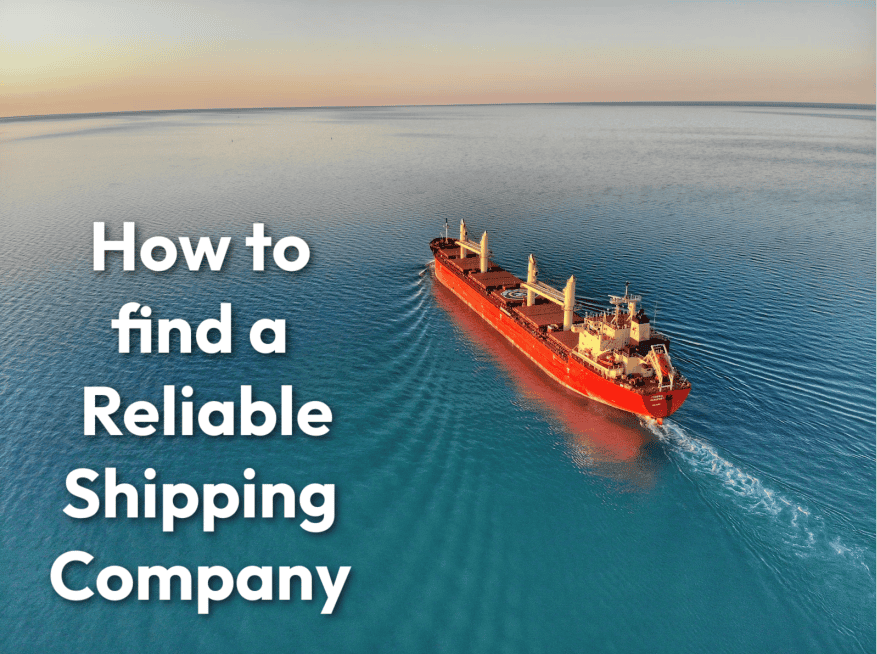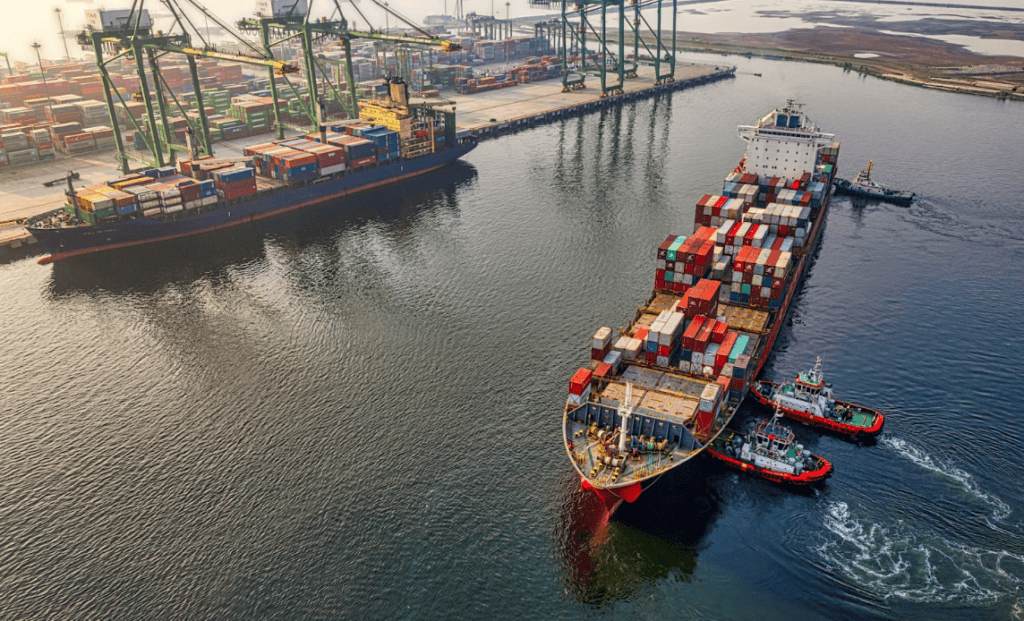The shipping industry is analogous to the body transferring critical nutrients throughout the body. However, in this case, the goods are what keeps the global economy ticking and supply chains running smoothly. Without good shipping, international logistics as we know it would cease to exist, and your quality of life would swiftly deteriorate. Nonetheless, despite its pervasiveness in all aspects of your life, it might be difficult for new enterprises to find freight companies capable of handling their goods effectively. This piece will look at how your company may discover a dependable one that can match the demands of your specific business in order for you to expert your wares globally.

Look For Those That Specialize In A Specific Cargo
Unless you happen to be Amazon, your business likely focuses on a small range of SKUs unique to your business’s specialty. Whether that be food, drink, fabrication tools, computer accessories, or whatever. If you are looking to ship general items, then you can focus your search on shipping companies that don’t particularly specialize in anything. However, if you need to ship alcohol or other specialty items, it will pay to focus your search on logistics companies able to transport these kinds of things more effectively. In most instances, these enterprises will be forthright about the industry they specialize in since they will have invested significant amounts of capital in ships with the right equipment, whether that be refrigeration units or more au fait with customs clearances on things like alcohol, etc.
Check Their Insurance And Licensing
Regardless of what you ship, you will need to check about the types of insurance they offer. The high seas can be a dangerous place, and although you want your cargo to turn up to its intended destination without issue, life is such that things that are out of your control can happen. And when they do, you want to have some recourse to recoup losses. The primary forms of shipping include:
- Cargo insurance: Covers damage or loss to products and merchandise being shipped. It protects the owner’s financial interest (i.e., the product value).
- Warehouse insurance: Protects stored inventory and merchandise from losses inside a warehouse that might arise from theft, fire, or water damage.
- Transit insurance: A specific type of cargo insurance that only covers products for the duration of their transportation. It generally kicks in from the moment products leave a warehouse until they reach their destination.
- Contingent cargo insurance: Reimburses companies for legal liability if their products are lost or damaged before ownership transfers to the buyer.

Inquire About Their Shipping Process
When selecting a company to handle your logistical needs, one vital factor to consider is their shipping process. In other words, how exactly will an order move from warehouse to delivery? Knowing the steps involved is critical to managing expectations for delivery dates. A good shipping company will be transparent, detailing each stage from packing to transport. This allows you to identify any points where delays could occur. It’s also prudent to ask about carrier partners to gauge reliability. Aside from the actual process, you should check what systems they use to track consignments and how you can tap into them to keep your customers updated on their whereabouts and ETAs. By understating these points, you can plan accordingly and address any issues that could possibly arise.
Look For Industry Recognition/Certifications
As with any partner, you should search for evidence that they fulfill industry standards. Look for companies that have achieved certifications like ISO 9001 for quality management. This indicates their processes are regularly audited, and they maintain best practices. Awards are also a good (but not necessarily required) signal, like being recognized as a top freight forwarder or carrier. This third-party validation shows the company exceeds expectations for customer service and satisfaction.
Read And Understand Their Contract Before Signing Any Contract
It is imperative to thoroughly read and understand any contract before formally agreeing to use any service. These legal documents outline essential terms and conditions, such as rates, payment schedules, and liability coverage. Take the time to review the small print so there are no surprises down the road. Carefully consider additional fees, as these can significantly increase costs. Also, scrutinize details on late deliveries, damages, and claims processes. Knowing response windows and documentation requirements avoids future headaches. Read the contract multiple times and ask the provider to explain any unclear clauses. Don’t feel rushed into signing; a quality company will be transparent and allow time for review. Only work with businesses that are willing to negotiate contract terms as needed.
Shipping and logistics can appear to newcomers as a somewhat opaque industry filled with jargon, laws, and regulations. However, with some research, you can find a company that suits your requirements and can deliver your goods worldwide safely and promptly.
